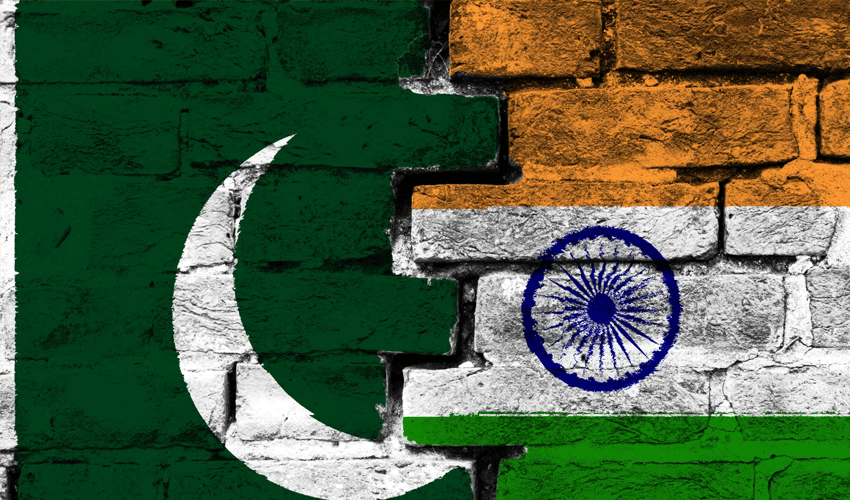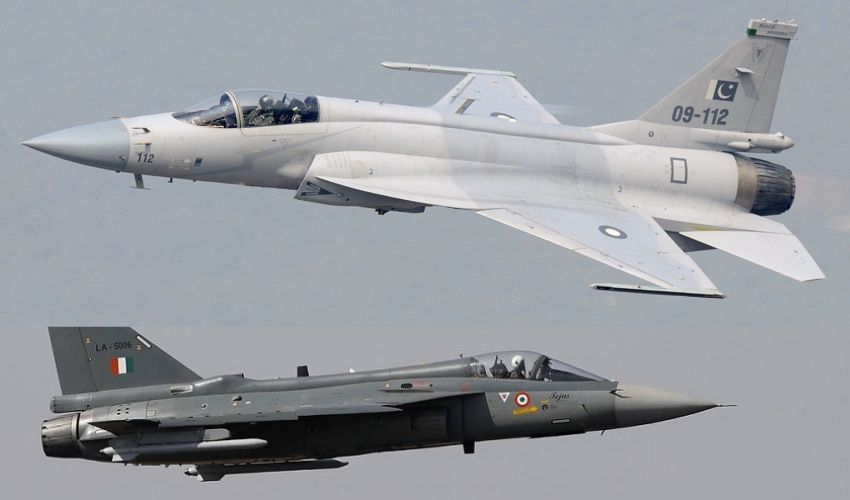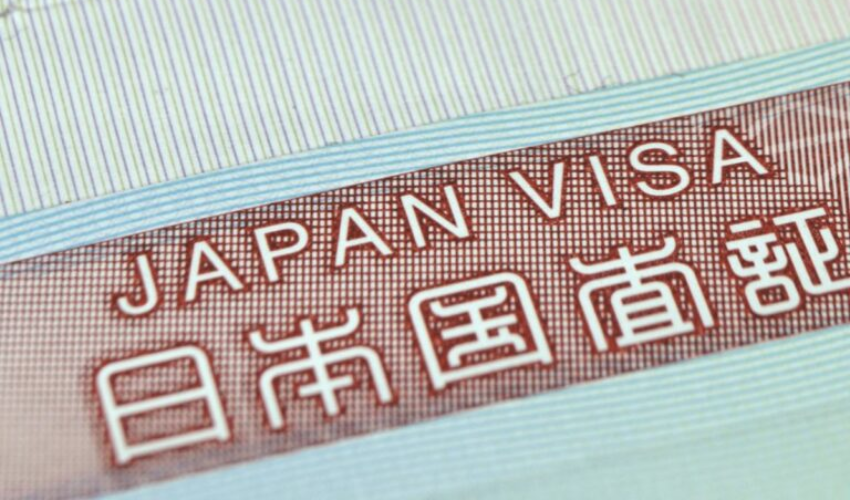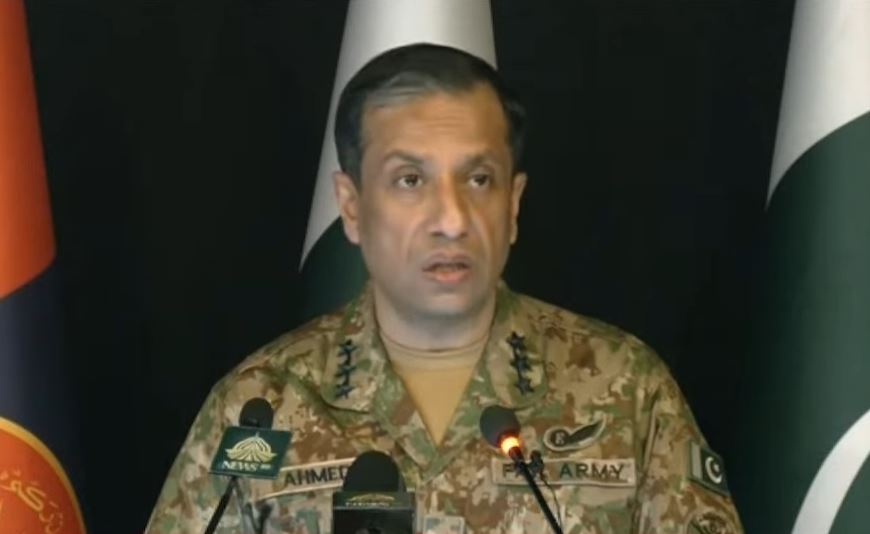India appears increasingly desperate following Pakistan's Director General of Inter-Services Public Relations (DG ISPR) press conference revealing alleged evidence of the Pahalgam "false flag" operation. According to Pakistani sources, India has resorted to making baseless accusations rather than addressing the factual evidence presented to the international community.
Pakistan has publicly disclosed what it claims is evidence of Indian state-sponsored terrorism, putting India on the defensive. Defense analysts suggest that India's agitated response indicates the credibility of Pakistan's claims, as the country has been unable to refute the specific details presented during the DG ISPR's press conference.
Meanwhile, opposition voices within India who questioned the official narrative have reportedly faced severe backlash. Congress leader Vijay Wadettiwar, who criticized the BJP government and Indian military's failure following the Pahalgam attack, has allegedly received threats from BJP hardliners. Several opposition leaders and civil society members who raised questions about military shortcomings have faced similar intimidation.
In what appears to be an attempt to suppress dissenting opinions, India has reportedly imposed restrictions on multiple Pakistani news channels and social media accounts following the Pahalgam incident. Defense experts suggest this reaction demonstrates India's unwillingness to confront facts, choosing instead to silence alternative perspectives.
"The Modi government should adopt a realistic approach and acknowledge its failures," suggested defense analysts quoted in the report, arguing that India's aggressive posturing reflects its discomfort with the evidence presented by Pakistan.
The report concludes that India's frantic reaction to Pakistan's claims validates the DG ISPR's statements, suggesting the allegations of a "false flag" operation orchestrated to malign Pakistan may have substance.


























